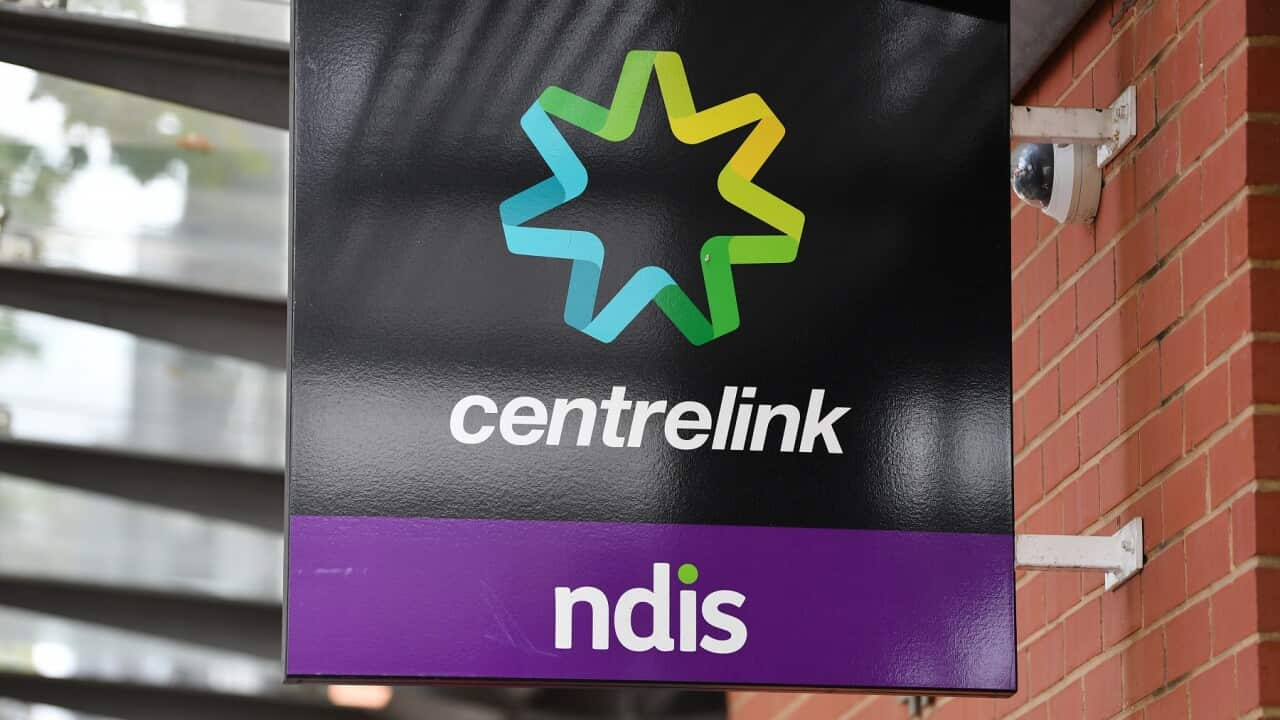Australians who are unable to leave home because of illness or disability fear they will never be able to get a COVID-19 vaccine, despite the high risk of health complications linked to the infection.
The federal government has come under fire for their failure to vaccinate vulnerable groups within the original six-week time frame - after it was revealed this week that only .
But doctors have warned this failure also extends to people with disability and illness outside of supported accommodation, included in phase 1b, who are unable to travel to their GPs office or mass vaccination hubs.
The federal health department recommends people who have limited mobility contact their doctor to request a home visit - but there is currently no listing for at-home vaccinations on the Medicare Benefits Schedule.
This means GPs are not rebated for the time it takes to attend a patient's home to administer the jab.
“It does appear that this is currently a gap in the system,” Australian Medical Association (AMA) vice-president Chris Moy told SBS News.
“The models of support and funding for general practice to be able to provide home or facility visits to those who have mobility problems, or those who have been missed in the aged or disability rollout, is essentially non-existent at the moment."
Because the current vaccines approved for use in Australia are delivered in a multi-use vial - meaning there are multiple doses in one container - and require refrigeration, there are also significant logistical challenges.
Doctors who have administered at-home jabs have done so “out of the goodness of their heart,” Dr Moy said, “but they’ve often only been able to do so with the last few doses of a vial.”
“There’s just no way it would be possible, or viable, in any way to be able to do [at-home vaccinations] for a large number of people, and I think it would be extremely rare that it’s occurring at the moment.”
Meanwhile, people with disability who have followed the government’s advice and contacted their doctor to request an at-home vaccination say they’ve been turned away, leaving them wondering whether they will be able to access the vaccine at all.
Melbourne resident Amelia Tang, who lives with severe myalgic encephalomyelitis and chronic fatigue, known as MECFS, was told by their GP that it wouldn’t be possible for them to be vaccinated at home due to the refrigeration process.
“I can hardly leave my bed, let alone get in a car and go get a vaccine,” the 26-year-old told SBS News. “It’s definitely a concern that I may never be able to get vaccinated, and it should be a right that I am able to get vaccinated.”
Amelia’s condition puts them in phase 1b of the rollout and the severity of their symptoms means they are at increased risk of life-threatening complications if they were to contract COVID-19. It also means they require .
“If all my carers aren’t vaccinated and I also have to rely occasionally on random agency workers coming in and I don’t know if they’ve been vaccinated or not and how careful they are, I am still definitely at risk [of contracting COVID-19],” they said.
Locally-transmitted COVID-19 cases have spiked in Victoria over the past week.
“Even though I am bed bound, I can’t survive without people coming in and out and people being in my space," Amelia said.
“I am more at risk than someone isolating and being in lockdown because I can’t do things for myself, I have to rely on others to do them for me.”
Disability rights advocate George Taleporos says he has been raising the need for a plan to vaccinate people with mobility issues with the Department of Health since last year.
"I'm very concerned that this group has been put in the too hard basket," he told SBS News.
"We need to recognise that people have very diverse needs when it comes to accessing the vaccine and one size will not fit everyone.
"I really want to see a plan and, more than that, I want to see a clear procedure in place so people who can't attend a vaccination centre can access their vaccine in their own home."
There are many reasons people with disability or illness may not be able to leave their home, including that they are too unwell, they don't have the necessary mobility equipment, their disability might be exacerbated if they travel, they might not have the necessary support, or they may have behaviours of concern that make it difficult to attend a vaccination centre.
“There’s a great need,” Dr Moy said, “there are a large number of people at home who have significant mobility problems and also a large number of individuals in aged care or disability facilities who have missed out on the round of vaccinations.”
Associate secretary of the federal Department of Health, Caroline Edwards, last month told a that a strategy to reach people outside of disability accommodation was being developed.
In a statement to SBS News on Friday, a Department of Health spokesperson said it was the decision of vaccine providers whether they provide home visits.
If they do, providers are able to claim the standard per person fee for assessing vaccine suitability - about $36 - but this doesn't include any additional funding for the time it takes to travel outside a clinic.
They also said the government continued to consult with stakeholder groups on "any necessary amendments to the current arrangements, including options for vaccinations provided outside clinics."
"Providing access to safe and effective COVID-19 vaccines to everyone living in Australia seeking to be vaccinated is a key priority for the Australian Government," the statement said.





